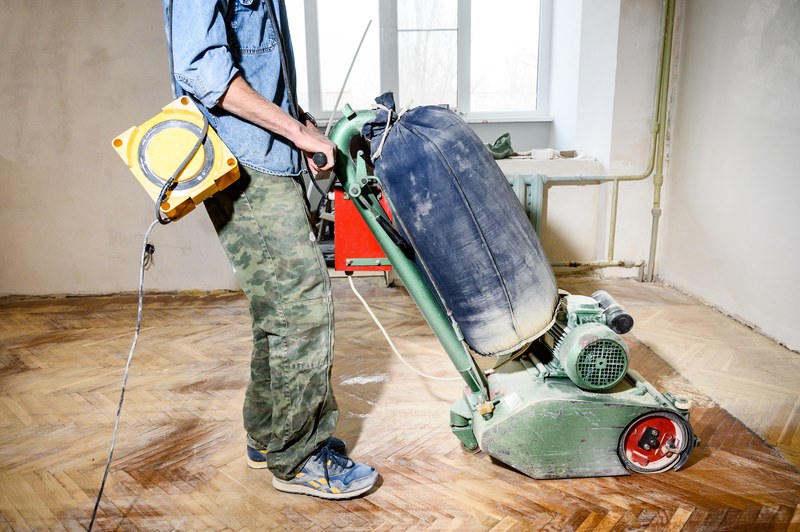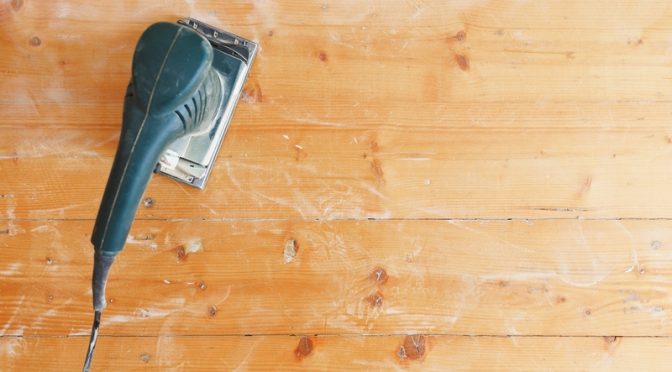There’s probably any number of questions that keep you up at night. “Why are we here?”, “What fruit flavour is Dr Pepper?” and “Should I hire or buy a floor sander”? You’re not alone.
Before we answer one of those important questions, let’s have some context. There’s a certain machismo in going through life collecting tools. From buying your first screwdriver to hammering in the last nail with your new mallet (you should probably use a hammer). Everyone needs tools at some point in their life. Not least for the myriad of jobs that need doing around the house.
If you have a large project going on that’s in need of a floor sander, then one of those questions that keeps you awake at night needs to be answered.
Why Should I Hire a Floor Sander?
Not only is a floor sander unlikely to fit conveniently into your toolbox, but it’s also not a tool you need to buy. Unless you run a floor sanding business, you don’t need to own every piece of equipment you might use. Nowadays you can hire almost everything you need. So, when it comes to floor sanders, hiring is the only way to go.
Obviously, a floor sander isn’t something you’re going to need very often. It’s a tool that comes into its own when you have a big project to do. Over recent years, the popularity of adding new wooden floors or removing carpets to reveal the timbers beneath has skyrocketed. As such, the need for a sander to bring the boards back to their best has increased. You can now hire them from any number of tool hire shops.

Choosing the Right Floor Sander
So, now we know why we need to hire a floor sander, which one do you go for? That really depends on the size, the type of floor you have and the amount of work it needs.
If it’s a big job, then you may need to consider a heavy-duty sander at first. These are great for stripping wooden planks where there are years of paint, varnish or stains to remove. The problem is that, as the name suggests, they are heavy-duty, so they tend to strip a lot of wood. If you’re not careful, you can strip the wood too far, weakening the timber. Heavy-duty sanders are rented more than most because of their size, weight, and cost. Meaning buying one isn’t really viable.
For most people, when they are looking to hire a floor sander, they are really looking for a smoothing sander. These vibrate thus smoothing the wood after the upper surface has been removed. These tend to be lighter and easier to manoeuvre than the heavy-duty ones. They glide across the floor smoothing the surface, rather than stripping the wood, like a giant piece of sandpaper. Making them perfect for beginners and advanced floor sanders.
Almost every floor, regardless of size, will have edges and corners. There are specific sanders that reach these areas that are difficult to get into. They tend to be smaller (often handheld) and usually have dust bags attached to catch the sawdust. They may be small in size but are quite powerful for smaller jobs.
As you can see, sanders themselves come in all shapes and sizes. There are upright floor sanders, push-along belts or drum sanders and handheld ones. There are tools and attachments that help you do huge areas and those specifically for corners. There are drum sanders for big tasks and floor buffers for finishing off.
With a choice like this, you couldn’t possibly think about buying all the options you might need, which is why hiring is the way to go. Now, what were those other two questions?
If you’d like to find out more about how we can help you and your flooring dreams, get in touch today on 020842 76604 or pop us an email via our contact form.

